
While reading up on the art of drag and the club called Rampa, it’s possible that you will encounter new terms or words like “AFAB” and “AMAB,” “bear,” “watermelon” and “hyperfeminine.”
This article will not only attempt to best explain them to you but also make you realize that there’s more to drag than dressing up and performing in highly stylized ways.
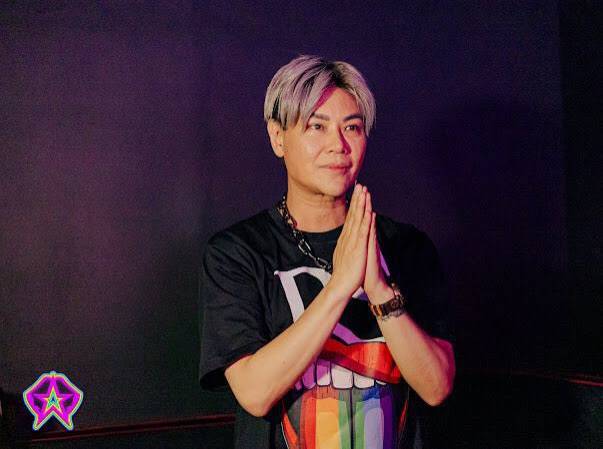
Rampa started because club owner RS Francisco said he wanted to build “a safe place” for members of the LGBTQIA+ community. His friends suggested that he invite the Divine Divas, one of the most celebrated drag trios in the country, to be coowners of this establishment located on Eugenio Lopez Drive in Quezon City.
Francisco, who had never been to a drag show before, said: “I thought they were talking about Zsa Zsa Padilla (who is also tagged as the ‘Divine Diva’). I really had no idea! I googled them and was surprised to discover how popular these three already are,” added Francisco, who is also an award-winning actor and film producer. He was referring to the drag trio Precious Paula Nicole, Viñas DeLuxe and Brigiding.
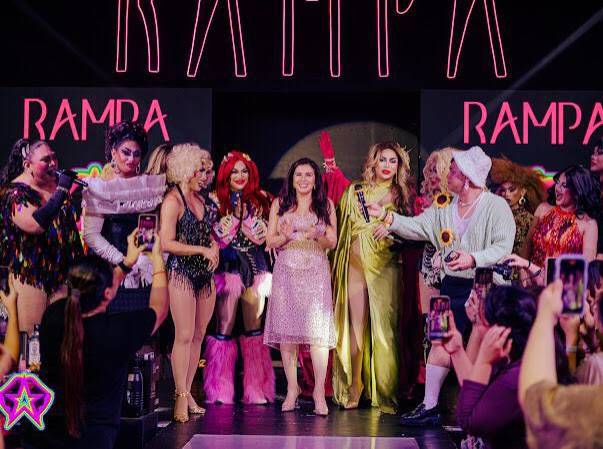
For the “lesbian market,” Francisco said he reached out to singer-actor Ice Seguerra and his partner Liza Dino, and convinced them to join the group. He then tapped Paulo Castro and Darryl Reciña as creative directors.
When Rampa opened to the public on Feb. 17, it became the first-ever drag club in Quezon City “that is inclusive and safe,” said Francisco.
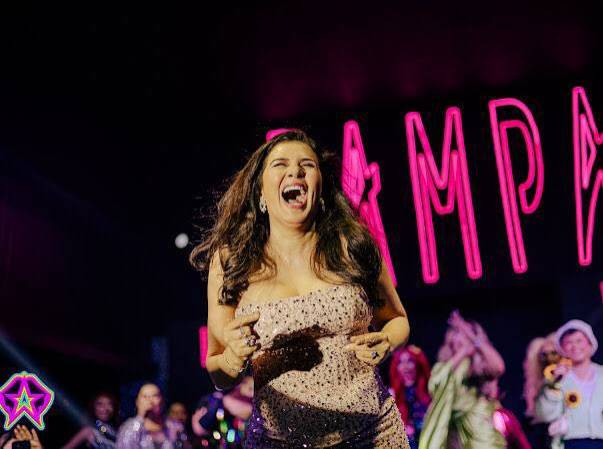
“I wasn’t a fan of drag, but I’ve learned to embrace it. If you visit Rampa, you’ll see that it’s like a Christmas party where people know everyone. It’s so unlike other places where people try to outshine each other—nagpapagandahan, nagpapataasan ng ihi. We actually encourage you to toast with people you’ve never met before. Also, females are frowned upon in other clubs. In Rampa, we welcome girls, straight people—even my mortal enemies are welcome—as long as they’re 18, they order and pay,” Francisco said, laughing.
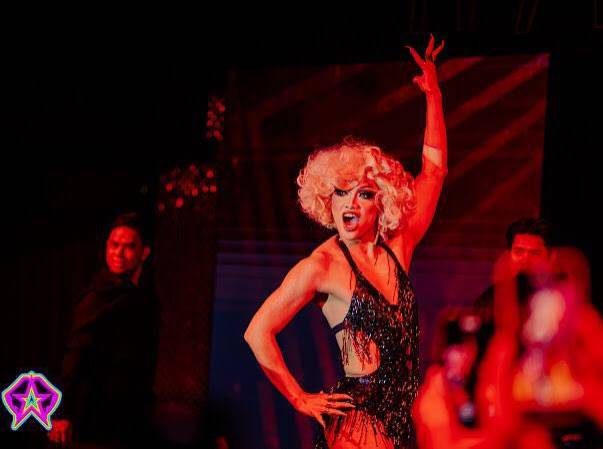
Taking care of the community
Castro added that Rampa has partnered with the volunteer group LoveYourself Inc., “so that every party that we do is advocacy-based.” Inside Rampa is a LoveYourself booth for HIV testing. There are also booths for Flourish, the group’s mental health arm, and for Transcend, its transgender help arm. “We make sure Rampa being a safe space is not merely lip service. It’s really taking care of the entire community,” said Castro.
This month, Rampa organized a party called “Sampa,” which is also an open-mic event but for drag. “If you want to experience everything on stage—including the lights and visuals—just bring a USB,” said Castro. You have to preregister because only five can perform each night.
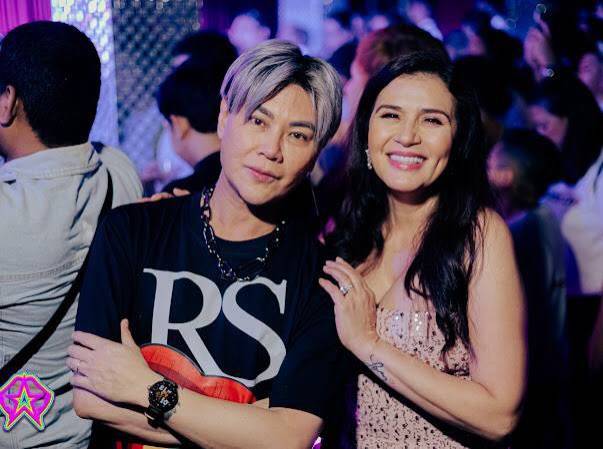
The team takes their much needed break Mondays and Tuesdays. They resume on Wednesday with “Spank,” which promotes good health, and safe and responsible sex. Thursdays are reserved for special events, such as “People Like Us,” which features lesbians and transmen, or “Spectacular! Spectacular!” which celebrates “plus size men and bears,” said Castro. In gay culture, “bears” refer to men who are noticeably hairy, and are muscular and bearded.
“Divine Saturday” parties are “drag heavy” and “fantastic,” said Castro. They are shows produced by the Divine Divas, no less.
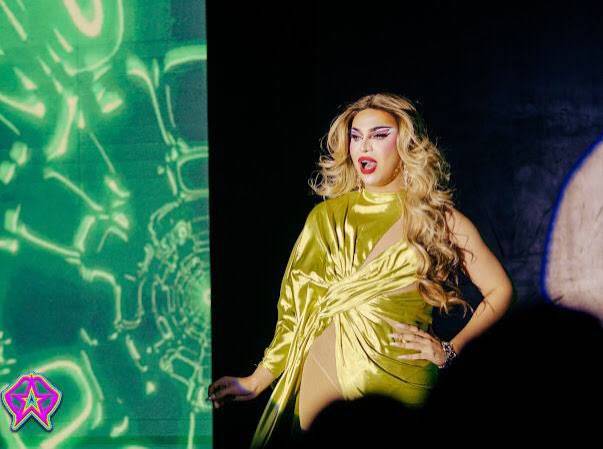
Art form
“Watermelon” parties on Friday nights are arguably the most interesting. For example, during Buwan ng Wika last August, the entire Watermelon cast was required to perform original Pilipino music (OPM). “’Watermelon’ is like an eternal summer party,” added Castro. “Also, while ‘watermelon’ sounds fresh, it’s also the symbol of Palestine. Mz. Chronicles did a performance carrying the theme, ‘Free Palestine,’ and it brought people to tears.”
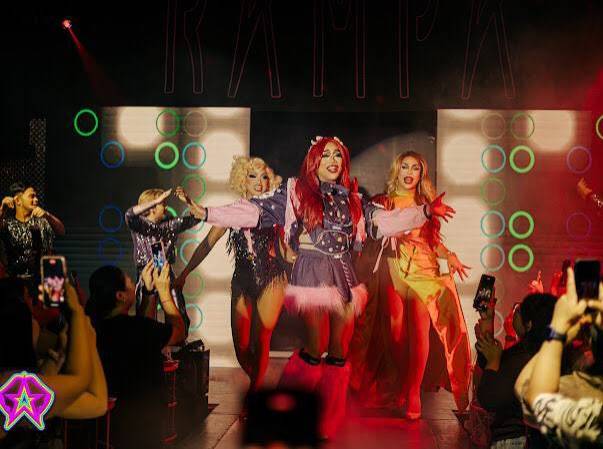
“Drag is a powerful tool for storytelling, especially for the young generation. They have a lot to say and they are able to express these through drag as an art form,” Castro pointed out. “That’s what’s amazing about these kids. They’ve all turned into well-rounded artists. Not only can they lip sync, they can also do super dance, theater productions and even spoken word.”
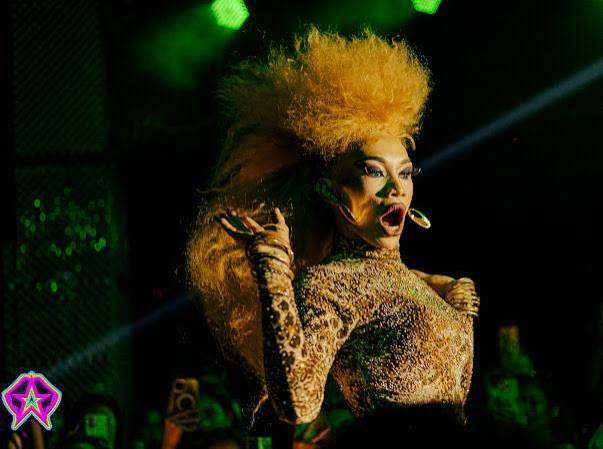
Rampa’s home-grown artists are Kiari, Katana, Zymba Ding, Felicia Ding and Bomba Ding; as well as Neenja and Kieffy Nicole, who are tagged as “AFAB Queens,” and Eeygatha, who is a transgender woman.
AFAB means assigned female at birth (as opposed to AMAB, or assigned male at birth), said Castro.
Drag kings
“As drag became more mainstream, people’s minds became more open to the idea that drag can be for anyone. You can be born female and still do drag. As of now, our AFAB Queens are still doing ‘hyperfeminine’ drag, meaning, they put on makeup and hair to look hyper feminine. But for our lesbian party on Sept. 19, they debuted as ‘drag kings’ and presented a more masculine type of drag.”
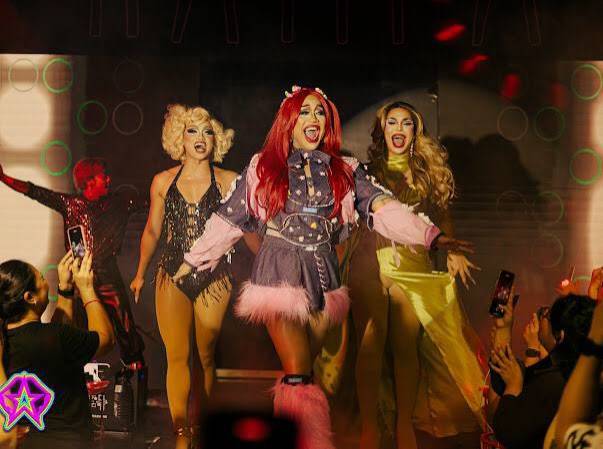
Rampa was the first to hire AFAB performers, added Castro. “We will feature AMAB artists, too. They’re already in training. I still don’t know yet what type of drag they will be producing, but it’s safe to call everyone now as drag artists—not queens or kings. Your body is your canvas. It’s up to you what you want to do with it as you perform.”
As for Francisco, he said he is still discovering so much about the drag scene because of Rampa. “I grew up during the era of ‘girl, boy, bakla, tomboy’ and the term ‘ACDC.’ Also, I realized that there’s a lot more to learn about the Sogie (sexual orientation, gender identity and expression) bill and the LGBTQIA+ spectrum. I admit to not knowing a lot of things, even though I’m already a part of the community, what more for those who aren’t? That’s why we are welcoming everyone to Rampa. Here, you will learn a thing or two about respect, kindness and compassion.”

No comments:
Post a Comment